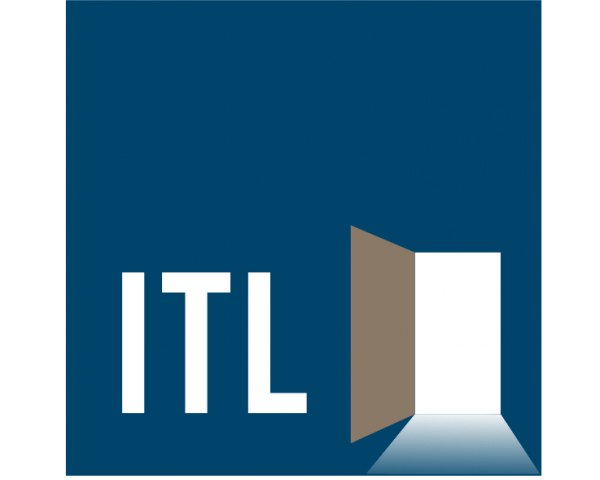|
For an industry that has long been considered sleepy, life insurance has a lot going on.
The efforts getting the most attention have probably been those related to improving the customer experience, largely by speeding underwriting by reducing or doing away with the need for medical exams and the providing of blood and urine samples.
But other big changes are afoot, too.
Artificial intelligence is being deployed in ways that range all the way from the mundane to the potentially profound. The mundane should still have a big effect, because AI will allow underwriters to capture and manage information much faster and more efficiently than they now can -- for instance, by having the AI take data in a wide variety of formats, including doctors' infamously bad handwriting, and present it in a standardized, easily accessible format. And the sky is the limit on the most ambitious AI initiatives, which could let underwriters do a much better job of assessing risks and could even help insurers reduce clients' risks. (For a great example, check out the article below on the potential for genomics.)
Private equity, always a major change agent, has its sights on life insurance, if only as a source for "permanent capital." This McKinsey article explains in detail.
And I continue to believe that there are many opportunities to embed life insurance in other offerings, such as for mortgages or commercial loans, and for financial advisers to include various forms of life insurance and annuities in their services.
If all that isn't enough, please consider the interview I did with Ronnie Klein, attached below, on the aging crisis that cries out for aggressive action by the life insurance industry.
Cheers,
Paul
|

